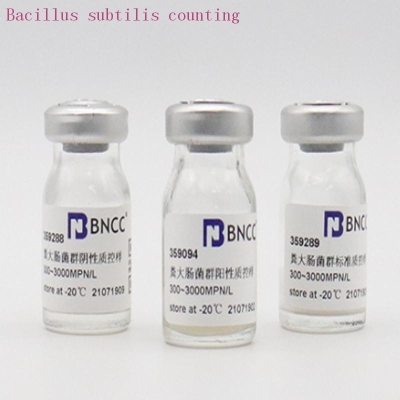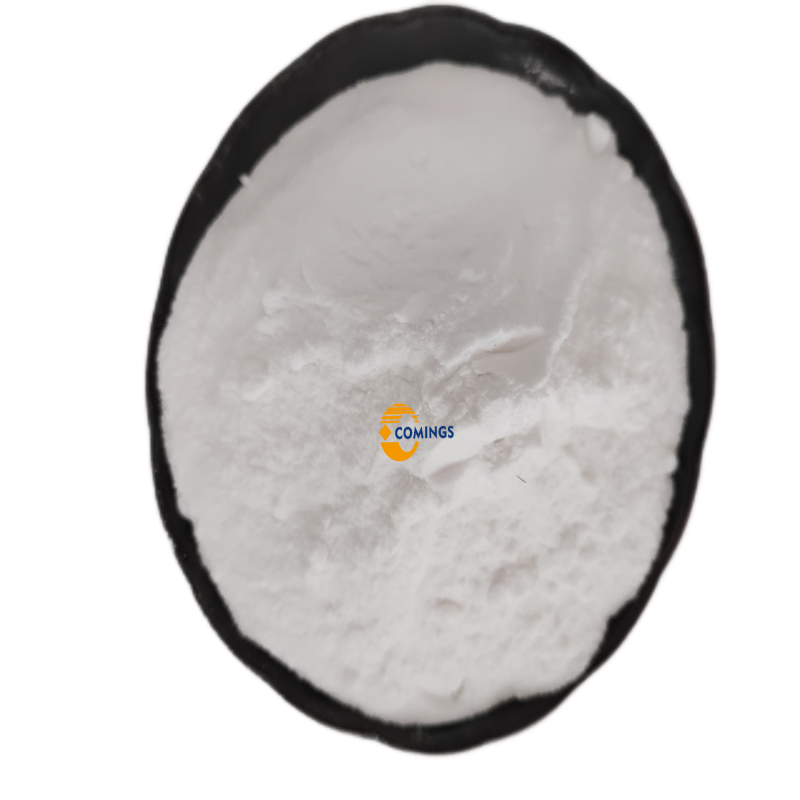Detection of Mycoplasmas in Cell Cultures by Cultural Methods
-
Last Update: 2021-02-12
-
Source: Internet
-
Author: User
Search more information of high quality chemicals, good prices and reliable suppliers, visit
www.echemi.com
Workers using cell cultures for research, diagnostics, or production of biopharmaceuticals have in common the need to maintain their cultures in a state of control. The living cell-culture system that is expected to produce reliably scientific and diagnostic data or a product must not be encumbered with additional unknown living systems. Therefore, cell culturists are traditionally very diligent in selection and preparation of raw materials, equipment, and processes that will minimize the opportunity for infection of their cultures with adventitious biological agents, and they employ a program of regular testing for the presence of contaminants. Cell cultures without antibiotics are growth-permissive systems in which bacterial and fungal contaminations can become apparent, because they produce turbidity and effects on the cell cultures that are easily seen. However, mycoplasma contaminations of cell cultures are not as readily observed and are, therefore, the subject of a separate set of diagnostic tests. The classical cultural methodology that remains the primary diagnostic test for mycoplasmas in cell culture is the subject of this chapter. However,
Mycoplasma hyorhinis
DBS 1050, a strain that commonly infects cell cultures, is not readily grown on the commonly used agar preparations (
1
). An agar medium formulation that will permit growth of this strain has been reported recently (
2
), but until it has been more widely tested, it will be necessary to complement the cultural method with another established method for detection of this contaminant.
This article is an English version of an article which is originally in the Chinese language on echemi.com and is provided for information purposes only.
This website makes no representation or warranty of any kind, either expressed or implied, as to the accuracy, completeness ownership or reliability of
the article or any translations thereof. If you have any concerns or complaints relating to the article, please send an email, providing a detailed
description of the concern or complaint, to
service@echemi.com. A staff member will contact you within 5 working days. Once verified, infringing content
will be removed immediately.






